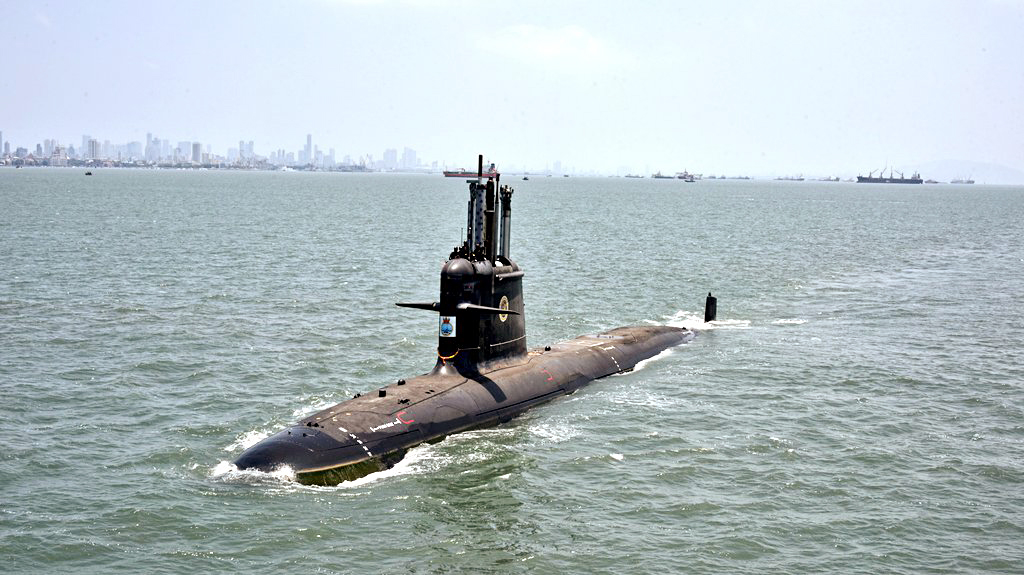Germany has expressed full support for negotiations between the Indian Navy and the German firm Thyssenkrupp Marine Systems regarding the construction of six new conventional submarines as part of Project 75, the Navy’s submarine procurement initiative.
In an interview via email, Germany’s Ambassador to India, Philipp Ackerman, said that Berlin is committed to strengthening its business relations with India due to the “increasingly challenging behaviour of India’s big neighbour in the North East” as well as other reasons.
“What we can say though it that this project is already accelerating our defence partnership and therefore works as a lighthouse for future cooperation,” he said, adding that the project signifies a significant milestone in defence collaboration between the two nations and serves as a model for future cooperation.
Project 75, a major initiative of the Indian Navy, aims to construct six larger conventional submarines equipped with the Air Independent Propulsion technology.
Thyssenkrupp Marine Systems and Spanish firm Navantia are the two industry teams competing for this project, which is valued at over six billion euros.
On Germany’s strategic partnership with India, Ambassador Ackerman highlighted concrete actions taken by Germany to strengthen ties between the two countries. This includes military visits, joint exercises, potential co-production of advanced military hardware, and collaboration in cybersecurity.
Furthermore, Germany plans to send its fighter aircraft, including Eurofighter Typhoons, and transport aircraft A400M, to India for joint exercises near Coimbatore. Ackerman also announced the upcoming visit of high-ranking German officials to support joint military exercises between the two nations.
On Germany’s foreign policy shift towards India, Ackerman emphasized Berlin’s willingness to enhance defence ties and establish a long-term strategic partnership with India. He reiterated Germany’s commitment to offering alternatives to India in the defence sector, alongside American and European partners.
Germany’s engagement with India reflects its broader Indo-Pacific strategy for 2020, aiming to promote free shipping routes and preserve peace and stability in the region. With India at the forefront of its business strategy in Asia, Germany aims to diversify trade relations, attract investment, and strengthen defence cooperation with the country.
Thyssenkrupp’s Chief Executive Officer Oliver Burkhard said that TKMS was the only firm with a proven AIP system.
“We just underlined the technical possibilities together with a delegation from the Indian and German Navies.”
He emphasized that Thyssenkrupp Marine Systems, in collaboration with Mazgaon Dock Shipbuilders, is prepared to meet the stringent requirements for technology transfer and increased work share of Indian entities.
The signing of a memorandum of understanding between Thyssenkrupp Marine Systems and Mazgaon Dock Shipbuilders took place in the presence of the German Defence Minister.
“As part of the letter of intent, we stipulated that, if awarded the contract, we would be responsible for the design of the submarines as well as playing an advisory role. Mazagon Dock Shipbuilders would be responsible for the construction and delivery of the submarines,” Burkhard said.
“I can assure you both companies have many years of experience, knowledge and expertise and we are engaging our key sub-suppliers in the process of indigenisation, including for example our own subsidiaries ‘kta’ and ATLAS ELEKTRONIK. The plan presented by MDL to the government includes already a percentage of indigenisation for the first boat which is significantly higher than the stipulated requirement,” he added.
(Inputs from ANI)














